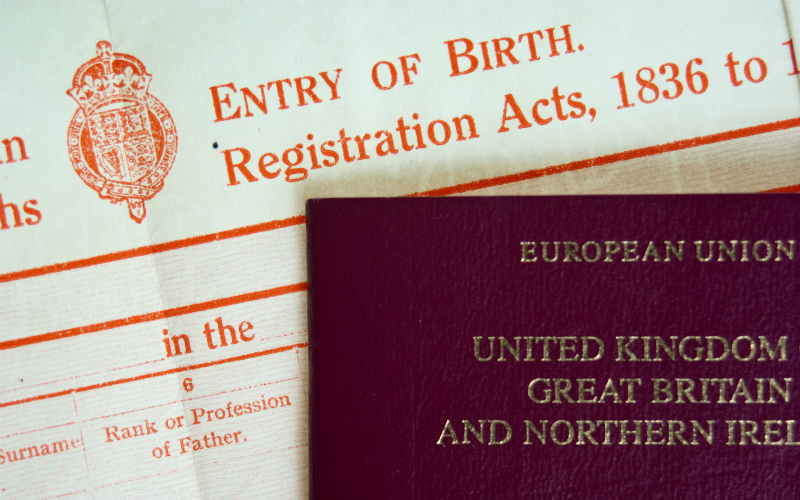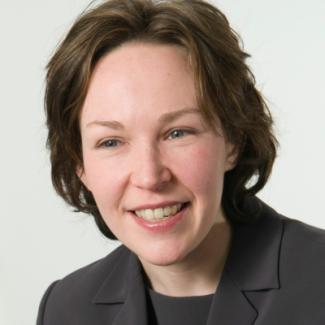
In Scotland, you can call yourself anything you like. A name has no legal significance. The use of a particular surname can however garner significance upon separation where children are involved.
A recent Sheriff Court decision explored the application to the court for a specific issue order to determine which surname parties children should use. Under section 11 of the Children (Scotland) Act 1995 the court can be asked to deal with any specific matter arising out of the exercise of parental rights and responsibilities. On the birth certificates and passports the child went by the father’s name. The children lived with the mother and on a day to day basis went by the mother’s surname. They were known by her surname at nursery and would be at school. The children had regular contact with their father.
For the father, there had been a problem when one of the children had become unwell and he had cause to contact NHS 24. It was not possible to trace the child under his surname. This is significant. If a child is unwell and in need of treatment then clearly it is important that the child can be identified without confusion or delay.
For the mother, travelling abroad with the children was a problem. She had to travel with the children’s birth certificates to support why she was able to travel with children using a different surname. This is not unusual but nevertheless it can be inconvenient, stressful and can cause delays at border control if you are having to explain your life circumstances. This was recently highlighted by Tulip Siddiq MP who has experienced such difficulties and is calling for passport reform. She wants children's passports to have the name of both parents included.
The court is slow to interfere with a name change. It is a matter of parental choice so why would a court interfere? However the sheriff here recognised that we live in a very different age now where identity and proof of identity carries a whole new significance. We live in an age where we are forever having to verify who we are, so is not important to make this as clear as possible? As the children were already known in very clear ways by the use of both parents’ surnames, the Sheriff decided that this is how it should be - the children should be known by both names; the father’s surname followed by the mother’s. Not one or the other. This decision may have taken the wind out of the sails of one or both parties but it seems the sensible conclusion for the sheriff to reach in these particular circumstances. How can this be achieved? The parties can agree a change to the children’s birth certificates by formally recording a change of name. This requires the consent of both parents who have parental responsibilities and rights.
The right to an identity is a fundamental human right for us all including children. It is, for children, enshrined as a fundamental human right in the Convention on the Rights of the Child 1989. The Convention has been adopted by the UK into domestic law. In practice the right to an identity means that any child has the right to a name and a surname. The parents have a duty to declare the child’s name and surname and date of birth to the relevant authorities so that the child’s existence is recognised.
What the case highlights is that name choice does have very practical significance now. We are verification hungry. We are suspicious if something is not just quite right. We travel more. The reality is that couples can and do separate. Their children however still have day to day lives; they travel, they attend school, they visit the doctor, they may have a bank account. So at time of registration of the child’s birth, pay attention to detail and the consequences of name choice. Upon separation, consider the practical implications and the day to day reality of your child’s life. It might mean both surnames are better than a dispute over one but what is in the child’s best interests should be the primary consideration not jostling for proprietary ownership of your child’s surname name. After all, what’s in a name?
If you wish to discuss any of the issues raised in this article, please do not hesitate to contact Legal Director Angela Wipat by emailing awipat@thorntons-law.co.uk. Alternatively you can contact a member of our Family Law Team by calling 03330 430 150.
